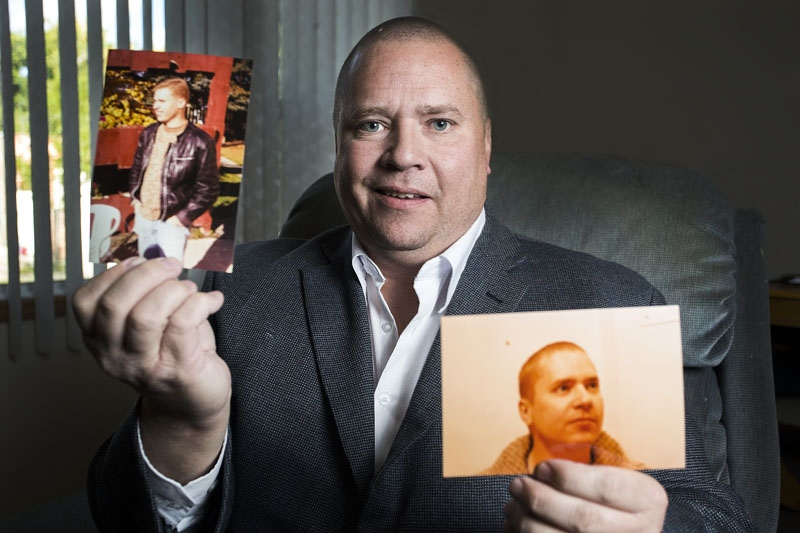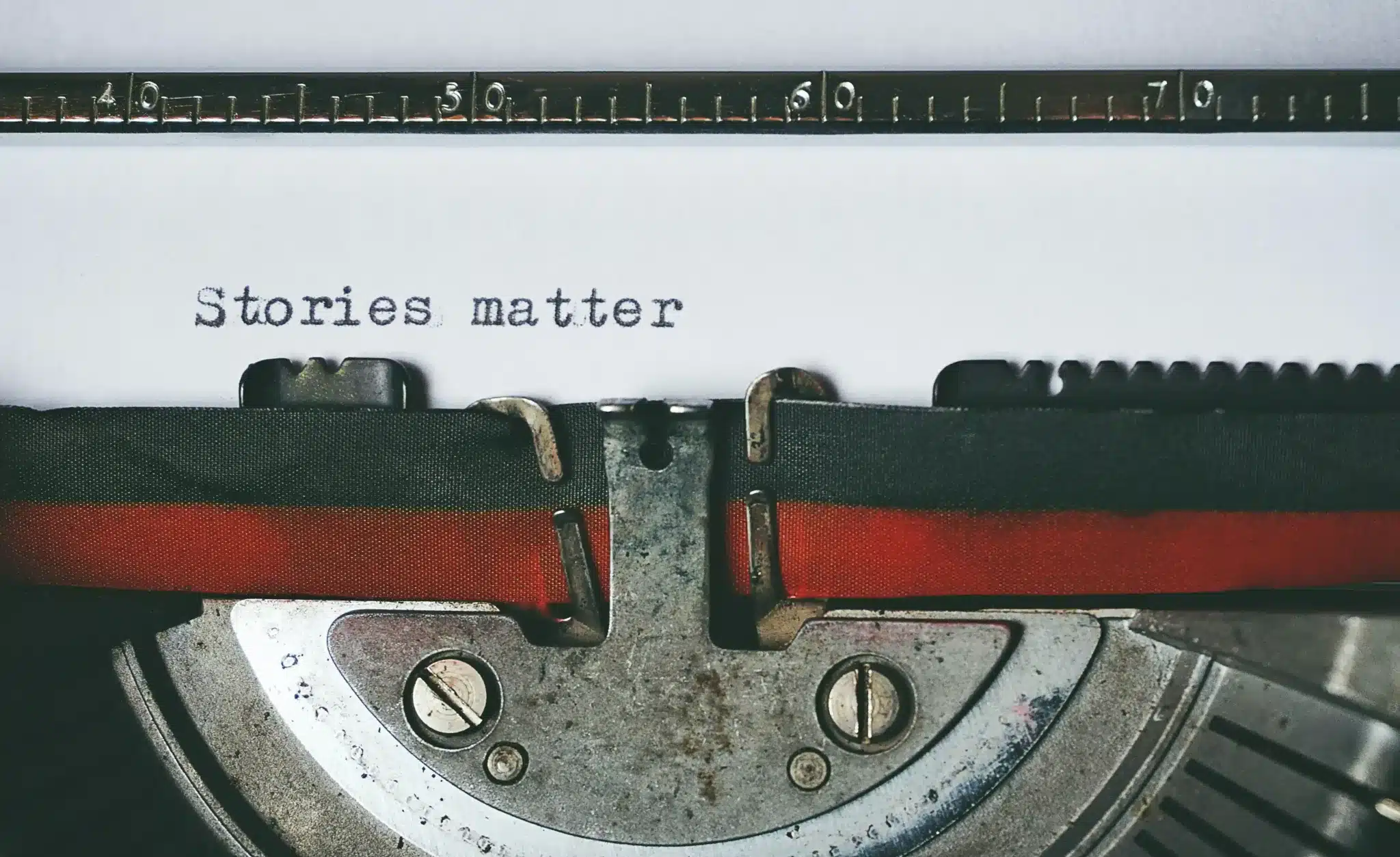TLDR
A lot of people don’t completely understand the time and effort it takes to write commercial fiction novels that sell, or nonfiction books that make an impact. The competition to write is stiff, and it’s hard to know where to start. But writing a book and earning a living from your creative efforts is an ambition that is physically possible for many people. All the skills can be taught, and all the skills can be learned.
Whatever point you may be at now, start by reading a variety of literature from the classics to the bestsellers. Get familiar with different publications that publish stories you enjoy, then take a class, even look into attending a writer’s conference. There is no time like the present to dive into the magic world of writing. A great place to start is simply going to the library and getting back issues of Writer’s Digest or other magazines for those who want to write.
Start experimenting with writing. Keep a journal, make it into a scrapbook and a place to experiment with dialogue, outlines, movie reviews. Anything to get you writing.
Find friends to encourage you and even partner with you, or join a writing group. These groups can be found in-person or online.
Revisit books and movies that you feel strongly about. Focus your reading on the kinds of stories you will be most suited to write, but don’t pigeon-hole yourself. There are many authors who have published both thriller novels and poetry books, short story collections as well as novels or true crime books.
One of the things I found helped me transition from a reader to a writer was to start by writing short stories and poetry. I did this to hone my skills and to learn how to use each letter of each word to drive home the moral or message I wanted to put into my work. I wanted to be able to make my works beautiful, impactful. But be mindful — during a lunch with one of Canada’s most celebrated authors, Rudy Weibe, I was told, if you need to make a living with writing, move on from poetry and short stories — novels are what publishers are looking for.
Getting the Manuscript from Word Doc to Done (and Paper to Printer, Too)
You may have a stack of pages or a huge Word file on your computer you slaved over for decades that you feel is ready to send out. At this point you may not be ready for all the challenges and stresses of making a living as a writer. But never lose hope. It can be very hard for a writer to objectively evaluate their own writing, which is OK. A good editor or even a writing coach can take you the rest of the way.
In 2010 I had a stack of paper with dot-matrix printer-generated words on it. At one point I had even written an entire new draft of the book from scratch. But my real writing career — and profits — didn’t start appearing for years after I not only did a lot of work on the book with a lot of help, but after I was forced to learn marketing, sales and many other business skills. A lot of what I learned through experience, trial and error over years would have been so much easier to learn if I had attended a creative writing program at a reputable university when I was younger.
With regards to the manuscript that I first compiled, because there was no longer a computer file I could access of my writing, I needed to get my stack of papers into a computer file first, before I could start farming out different parts of the writing and publishing process to editors, proofreaders and agents. If you need to have a book typed out onto a computer file, try putting up an ad on a student website looking to pay a reasonable rate to transfer your book. Check online for fair rates in your area. There are many ways to get a large typing project done for reasonable rates. One service I have used is a website called Fiverr.com where people advertise their skills and have very reasonable rates that come with references.
Just remember how important your work is to you and always have a backup copy, especially if you already have a computer file. If you just have a stack of pages, head to a copy shop and have your work photocopied. Put a copy of your computer file on a USB stick or two and keep them in a fire-proof safe or even a safety deposit box. I prepared for the possibility of losing my original copies, and I feel I wouldn’t even be a writer now if I hadn’t.
Sometimes when all you have are papers and the print is legible, you may be able to simply scan your papers into a word processor. If you choose to do this work yourself, I have had great experiences with my black and white laser printer that has a scanner on it. It isn’t intended for big jobs, but there is very little I can’t do in the process of writing with my laser printer, and it meets almost 95% of my business needs for things like scanning photos into my computer, printing documents then signing them and scanning them back into the computer. What I like best about my laser printer is that I can print up hundreds of pages from one toner cartridge. I never have a problem with finding something I would like to summarize on one page while I keep a different page displayed on my computer, then printing the summarized page up and tacking it to the bulletin board I keep above my computer desk.
I do recycle and try not to waste paper, but it is good to be able to scan, print and copy while working on a book. I always suggest using Microsoft Word, even if you have a Mac (there is a version of MS Word for Mac). It is simply the industry standard. Later, as you write more, you may want to investigate a program called Scrivener or other word processing software. A friend told me Scrivener helped him to organize his research and to be able to see everything he needed on one screen as he wrote and re-wrote his book. After 13 books and over 60 articles, I have found MS Word to be all I need, but I would still consider getting a copy of Scrivener for my next project.
Hiring an Editor
An editor could be the last barrier that sits between your creative work and the possibility of publication. Editing will cost. This is a great time to rely on friends who have done post-graduate studies, because just about anyone with a master’s degree or PhD will have done huge amounts of writing. If you really want to make an impact with your work, though, you may want someone who specializes not just in editing, but in editing work like yours. This is one of the few times when it doesn’t help to cut corners and try to save money. Very few good editors work for free. Ask around. Call up an English professor for a referral. Ask your writing group. It is so important to find an editor with a proven track record in your genre. Ask a writer-in-residence.
Many libraries and universities employ professional authors called writers-in-residence to help the public with their writing at no cost. The libraries or universities pay them a salary and they are expected to spend part of their time working on their own writing projects, and the other part of their time helping the public with their writing. Even at a university, they will help the public, at no cost, not just students.
You will thank yourself for getting an editor with a proven track record. It is important even before the final editing stage to find a proofreader or two. Remember that a family member, romantic partner or other close friends may not be able to give an objective opinion of your work. Not everyone appreciates hearing about the things they did wrong with their writing at this stage, which means that a family member may not be willing to bruise your ego, leaving parts of your writing flawed or unpolished. Even if their suggestions are helpful, I prefer a neutral set of eyes on a rough manuscript over someone close to me.
Something that I have never bothered with — but I still fear could come back to haunt me — is having a lawyer read your book. This step could be critical if you identify anyone or any institutions, even if you tell the truth or if you don’t say anything harmful. The possibility of getting sued for just about anything is the reality in modern times, and the seemingly large fee you pay a lawyer to go through your book could be a solid investment in the success of not just your writing, but in your financial stability and credibility.
Finding An Agent
After having a few people who can give a neutral, objective opinion read your writing, if you are confident your work is solid, consider finding an agent. An agent isn’t 100% necessary, but quite often a reputable agent will have established relationships with publishers and will know right away the best places and people to send the work to.
As a rule, agents should only get paid after they sell your work. I have had an agent ask for photocopying and postage fees up front, and I will never know if they acted in my best interests. An agent who takes money from you only after a negotiated sale, in the form of a percentage of your earnings (not up front), has a stake in getting you published. It is important to note that even if your work is top notch, acceptance with a publisher who will help rocket you to stardom is rare, but it happens. It didn’t happen that way for me, but that didn’t stop me.
I have heard of a case of a well-known author who had published several books in his own name, wrote a new manuscript and used a pen name when he submitted it to many publishers, just to see what would happen. Despite the fact that he had put out several bestselling books, no publishers would take a chance on what they mistakenly thought was an unknown writer.
My Self-Publishing Journey
After trying publishers and agents, I was fortunate enough to have a job that paid me enough so that I could afford to self-publish my first book. The amazing thing was, once I had a book and was able to sell a few copies, I was able to quit my job, which was extremely stressful and demanding, and to focus on writing more books. Self-publishing is a viable option now because there is less stigma surrounding it.
If you’re frustrated with traditional publishing, I suggest that you choose this route and find a “publisher” who is more printer than publisher. Never let them con you into paying for thousands of copies that are physically shipped to you. With a reputable print-on-demand publisher like Amazon Kindle Direct Publishing, you can order any quantity of books you want. I started with 40 and ordered more as I sold them.
It is critical to learn about vanity presses that send you high praise and offer complete publishing, editing and marketing packages. Look into a few of them, find out how to avoid being bilked by them and always speak to someone who has gone through the printer/publisher you choose. I have heard many horror stories of people who just wanted to see their book in print and forked over thousands of dollars then had hundreds of books they had no idea how to sell or distribute left in their spare room or piled up in their garage.
With a few instances of trial and error, I used Amazon Kindle Direct Publishing to print up a small number of copies. KDP allows you to do just about everything yourself (once you get comfortable doing it. If you can operate a smart phone, you are more than qualified to self-publish a book without going to a service that says they can do all the hard work for you for a fee). First, you format the file with the writing or illustrations in it, then design your cover (again, visit Fiverr.com or Reedsy to find a person to format your book and even design your cover at a very reasonable cost if needed). Once this is done, it is best to order just one copy to make sure you have everything the way you want it to appear.
Some authors (and other creatives) take the precaution of sending a copy of their book to themselves via registered mail. If there is ever any kind of copyright dispute, you can open this date-stamped package right in front of a judge in court to prove you wrote the book when you stated it was written.
When you get to the point of having a copy of your book you feel is good enough, it may not be helpful to order too many copies. Kindle Direct Publishing offers you an option to purchase author copies at an excellent rate. You can have them print and send whatever number of copies you can handle. Don’t forget while setting up the files to have a price displayed on the back cover.
The truth is, there is no set way to determine a price. Some academic texts may sell for hundreds of dollars, and some fiction novels may sell for $12 or so, and less for an e-book version. You decide what price the market will bear.
One of the things I like about the service I use is that your books are put onto Amazon for sale all over the world, and you can also opt to sell e-book versions easily.
Marketing the Book
It is important to understand the fact that very few people will buy books online if they don’t know about them. Advertising can be expensive and tricky. A while ago, I decided to focus on doing public speaking and selling my three mental health books on a person-to-person basis. Being able to contact and interact with people online has helped increase my reach. I haven’t gotten rich from royalties, but I do get a nice income supplement from my book sales. According to the government (make sure and check the laws in your jurisdiction) my writing business is small enough to be considered a hobby and isn’t subject to taxation or reporting if it stays under a certain limit of what it brings in.
Publishing changed me. Suddenly I was an author, not only an overworked labourer. I set up book signing tables in bookstores, as well as farmer’s markets, and I got media interviews.
By the way, someone launching a book should take advantage of low-cost or no-cost press releases. A lot of these go out to thousands of journalists, and some of them will be interested in reading and reviewing or doing a story about your work. You may get requests for evaluation copies, which means you send them a free copy, but it will be worth it if you get good reviews. If you have written a nonfiction book, or a fiction book on a subject you feel confident talking about, doing public speaking engagements, online and in person, can be another key to success.
This is where joining a nearby Toastmasters club will greatly benefit you. I have been a member for two years. They have excellent in-person meetings, wonderful, supportive people. In addition to meetings, there is an educational program for leadership and public speaking online.
It is important to take any opportunities to spread the word about your work. Put links to where someone can purchase your book into your email signature. Call your local talk radio or campus/community radio stations and get them to interview you. I did this, and once I knew some people there and heard about the opportunities, I volunteered as a host and producer of a show for a while. It didn’t go very far, but I had an incredible experience of meeting people and creating something that could only benefit my book sales and enrich my life experiences.
Someone I greatly trusted told me to not be a shrinking violet if I wanted to succeed. I approached everyone I knew who could benefit from my books to buy a copy. I would be polite, make sure the person showed some previous interest in reading or in the subject of my nonfiction books, and simply show them the books, tell them what they were about and let them decide if they wanted to buy one.
Sometimes people asked if they could get a free copy, and I would say to them, “Selling books is kind of how I make my living.” Most people will understand and want to pay after hearing that. There are cases where a free book might get you an interview or bulk sale. Just be cautious. This is your work. One thing I have noticed is that while two of my books are free downloads on my author website, that hasn’t affected the sales I have been able to get on those or my other books.
Over time, I kept on reading a lot and tried my hand at other genres. I also have this hobby of watching old black and white TV shows like “The Twilight Zone” or “Gunsmoke.” I greatly enjoy shows from this era because they relied so much on good storytelling, not adult situations or special effects. I kept trying to get conventionally published, but I found joy in the writing itself, the learning, the creating.
Having a conventional publisher is a huge commitment. I wanted to write, not be an employee of someone living off the fruits of my own labour.
Another thing that was a great deal of fun was getting access to a car, often renting one, and loading the trunk up with my books. I made appointments where I could and then simply headed in one direction stopping at high schools and public libraries, mostly in small towns, and showed and explained my books to the purchasing librarian. Many small-town libraries are eager to get new books, especially from local authors. Don’t forget to get business cards with your email, phone number and website that states you can give workshops on the subject your writing covers, or on writing in general. It’s common for me to give out a card and later secure speaking opportunities that pay more than I would profit if I sold 10 or 20 books.
As far as having an author website, someone I knew was familiar with building WordPress websites. They built one for me for a reasonable rate in a short amount of time, then I took a short course in WordPress websites from the Edmonton Public Library, so I was able to maintain the site. For several years, I would write blog entries a few times a week, and ended up with around 800 followers, but I never got it to the point where it was paying for itself, unless some of those people bought books directly from Amazon.
Then I learned about Substack and started using their site for blogs and podcasts. The amazing thing is, with Substack, people can pay for subscriptions. I have gotten three or four paid subscriptions already and as I gain popularity; I want to transition my page, so part of the content is for paid subscribers only. I have had such a great time writing blog posts as well as writing, planning, and recording podcasts, and I have received a great deal of positive feedback regarding the new page and formats.
The Good Ending
After huge amounts of work and effort, 14 years since I first published, I now make a good living writing. I might not have a private jet, but I no longer am forced to buy the cheapest, most inconvenient flights on only the discount airlines. I recently flew across the country, all expenses paid, to speak at a conference. I sold many books, met many wonderful people and enjoyed a welcome change of scenery. I was able to land this cushy job by referral. Someone in another province had seen me online and read one or two of my books and suggested I would be a good fit for the conference.
Writing can be magic. Just never let anyone tell you it can’t be done. Aim for the stars. With a little luck, you just may reach the sky.
Editorial Note: Feature image credit to St. Albert Gazette
Commitment is hard. Start with this free short story collection.






